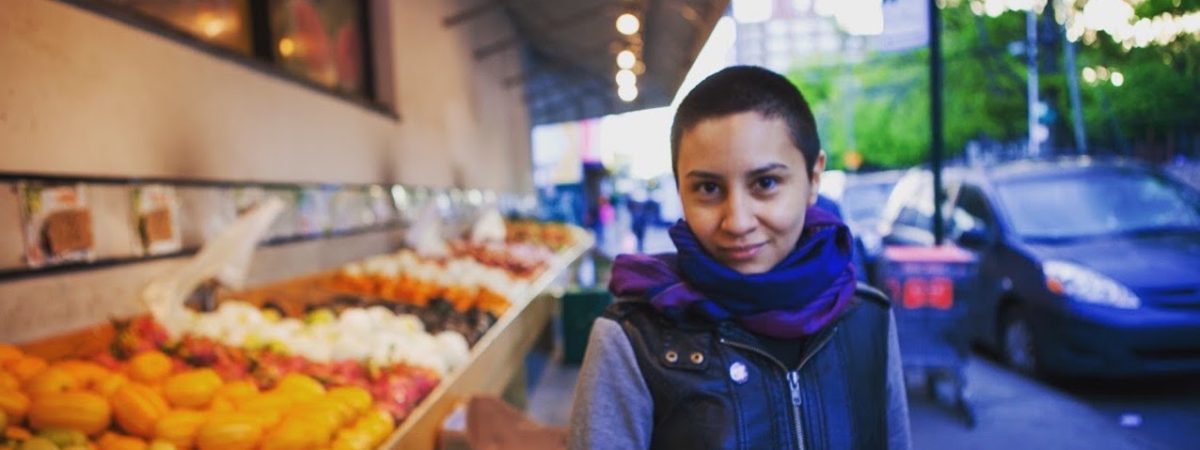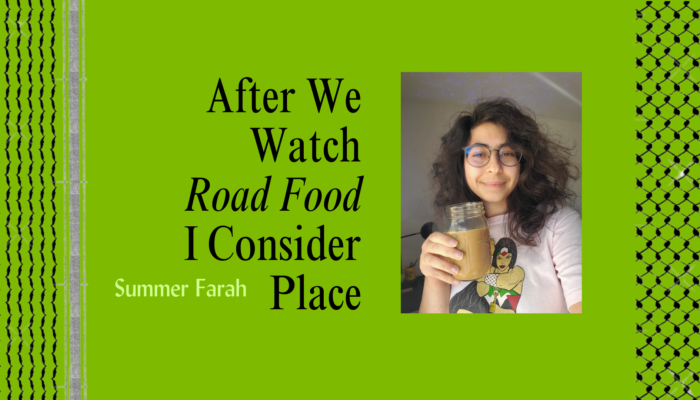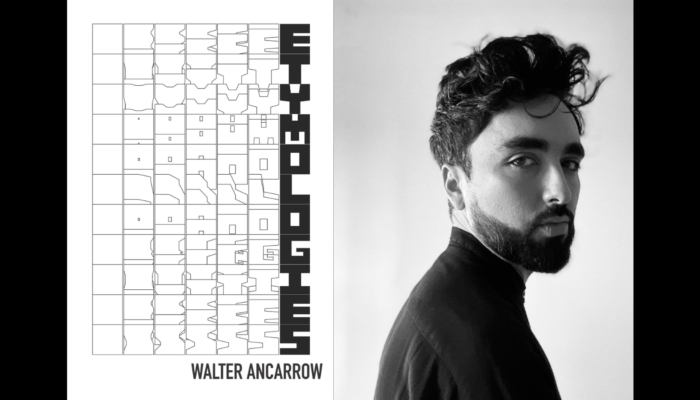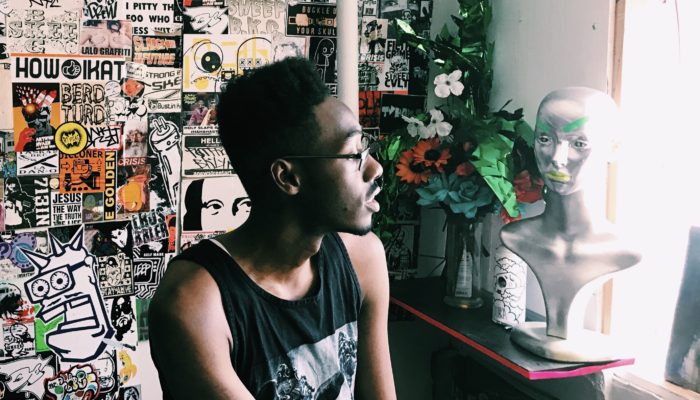Apogee sits down with Bani Amor, a travel writer, photographer, and activist from Brooklyn by way of Ecuador. Read their nonfiction piece, “Downhill”, in our latest issue.
Lisa Factora-Borchers: Bani, your work focuses on the intersection of place, identity, and power in hopes of “decolonizing travel culture.” Can you elaborate on how travel culture has been colonized and how what does art do to travel writing as a site of decolonization?
Bani Amor: Travel was once done for the sake of survival or exploration by nomadic and other peoples before the creation of the settler state* which began shifting people around to fuel colonial power. Now the term has leisurely connotations to it despite the fact that migration is still mostly done by people of color for very un-leisurely reasons. A lot of what we know today as travel writing grew out of the colonial exploration period and I really don’t think much has changed since. Part of decolonizing travel culture I think is acknowledging the neo-imperial functions of the industry of tourism especially in places where colonization is very much still in progress, which is where a lot of this industry thrives, as well as acknowledging the historical and present complicity of the travel genre in this project. Seeing as land sovereignty for Indigenous and people of African descent is just as critical as ever, and that the travel genre is so white and exclusive in other ways, I think it’s ripe for disruption.
*Nomadic cultures still exist, of course
LF: In the piece featured in Apogee, there’s a lot of imagery that’s almost mystical: shadow, ghosts, directionless wandering, wispy clouds, smoke, vanishing, reappearing, high-alpine wind, celestial poles. Is this mysticism something specific to your experience of Quito, or something indicative of your relationship to place?
BA: If anything it’s what Quito brings out in my writing style. Latin American magical realism kind of raised me and personally I think a lot of that style is bound up with a spiritual relationship to place. In “Downhill”, I’m looking for that ancestral relationship as an outsider but as an insider I’m getting lost up in the clouds, in financial struggle. The fact that Quito defies the sky-land boundary makes the blur between the real and unreal a day-to-day reality, of conceding to impossibilities and immeasurable identities.
LF: As a writer with disabilities and limited mobility who works to decolonize travel writing, how do you navigate the physical restrictions of both an ableist world and settler-mentality? What are your strategies and systems of support?
BA: It’s not like I can stuff my “politics” away in a backpack. I physically embody so much of what settler mentality seeks to destroy, so it’s constant, exhausting advocacy work. Then again, I do have immense able-bodied and neurotypical privilege, so if and when I’m traveling and facing these limitations, I’m also alert as to my abilities and what they grant me access to. I always say that as I travel, the ways in which I’m oppressed and the ways in which I’m privileged are constantly in conversation with each other. But my short answer is it’s hard and I’m tired.
LF: In your piece, “Unnatural Disasters” you report about the decimated ecosystems in Ecuador that reveal what you label as environmental racism; when marginalized communities with limited resources are often most impacted by natural disasters. How do you document these systematic tragedies and still have hope? Do you have hope?
BA: Hope has always been the worst four letter word in my opinion! To be real, when you deal with the compounded realities of illness, abuse and oppression in the long term, survival is priority and hope is something other people get to think about. Sounds dark, but as a writer in a diaspora, I can connect these micro-violences to the macro ones going down at every level in Ecuador right now, and I feel a responsibility. I don’t have hope, I have work to do.
LF: Where are you going next? What projects are on the horizon?
BA: I return to Ecuador in February and I don’t know when I’ll be back in the States, but I’ll be doing what I always do, hopefully with more success!: consulting with healers, working on my book, and trying to secure funding for multimedia projects on a host of issues affecting the country, from the mass displacement on the island of Muisne off the Pacific coast to the displacement and attack of the Shuar people in the Amazonian region and the stories of trans survivors of the earthquake we had this past April or the continued abuses of the Petroecuador oil machine on the people and land. I can go on and on. There is so much work to do and the country, like the rest of the world, is in the midst of an upheaval and I’m working with limited resources to find my place in it. Photo and video journalism is my priority but like most QTPOC artivists, I need support to make it happen.
LF: You coordinate the POC Travel Book Club which is an online space to discuss the landscape of travel, writing, and people of color. Most recently, the Club read bell hooks’, Belonging: A Culture of Place — what is most surprising about these discussions, or what is revealed about people of color travel writers when they gather in intentional space?
BA: Most folks in the club don’t identify as travel writers of color—I think that that label is something a lot of POC who write about place and migration reject due to its limitations, and the POC who do embrace it tend to write more commercial stuff—so what I’m trying to do with the space is remind us how revolutionary travel writing by people of color can be. If anything’s revealed it’s our shared experiences and bemoaning the lack of visibility of those experiences (and lack of opportunities to make those experiences visible) in the wider travel space. Like with our talk about Belonging, usually, we’re just trying to find a way home.
Photograph by Neha Gautam Photography.




